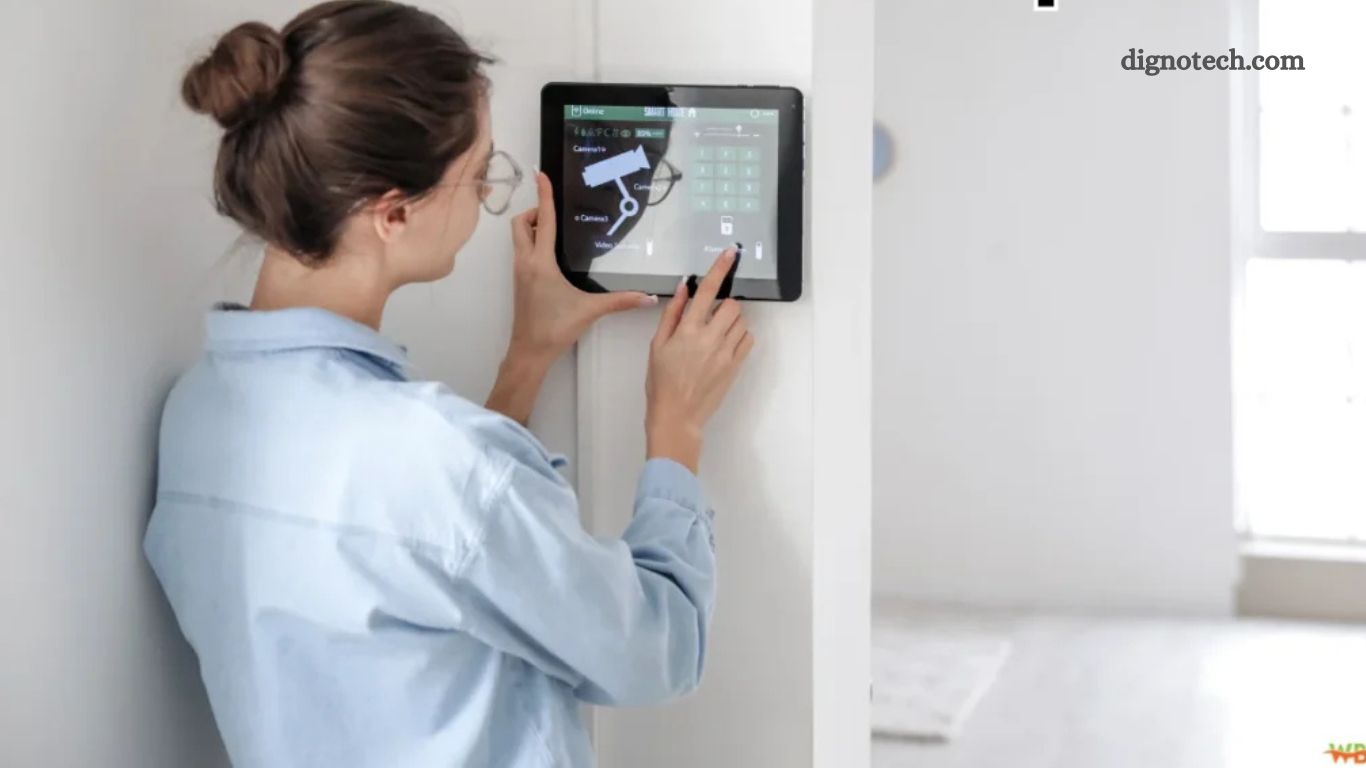Balancing Soft Skills and Technical Ability Evaluating the Modern Tech Candidate

In today’s rapidly evolving tech landscape, hiring the right candidate requires more than just a checklist of programming languages or certifications. While technical proficiency is essential, it’s the balance between hard skills and soft skills that defines long-term success. Companies that prioritize both are better positioned to build agile, collaborative, and innovative teams.
The Technical Skill Set: Still a Priority
Technical ability remains a baseline requirement for any tech role. Whether it’s front-end development, data engineering, cybersecurity, or DevOps, candidates must demonstrate a strong command of relevant tools, frameworks, and languages. Standard methods for evaluating this include:
- Technical assessments and coding challenges
- Portfolio reviews or GitHub repositories
- Pair programming exercises
- Problem-solving interviews
However, the most technically brilliant candidate might still struggle in a team-oriented environment if they lack the communication or adaptability needed in modern workplaces.
Why Soft Skills Matter More Than Ever
As teams become more cross-functional and remote work more common, soft skills are no longer optional. The best tech professionals can explain complex ideas clearly, collaborate across departments, adapt to new tools, and contribute to a positive team culture.
Key soft skills to look for include:
- Communication: Can the candidate explain their logic clearly to technical and non-technical stakeholders?
- Collaboration: Are they open to feedback? Can they work well with designers, product managers, and QA teams?
- Problem-solving: How do they approach new challenges? Do they think creatively and critically?
- Adaptability: Can they learn new technologies quickly and pivot when priorities shift?
- Emotional intelligence: Do they show empathy, self-awareness, and the ability to navigate team dynamics?
Striking the Right Balance
The most effective evaluation processes are those that assess both technical aptitude and interpersonal effectiveness. Here’s how to strike that balance:
1. Structure Your Interviews
Divide the hiring process into technical and behavioral segments. Use technical tests early to screen for must-have capabilities, then dedicate later stages to assessing soft skills through scenario-based questions or collaborative exercises.
2. Use Behavioral Interviewing Techniques
Ask questions that prompt candidates to reflect on past experiences. For example:
“Tell me about a time when you disagreed with a teammate on a technical solution. How did you handle it?”
3. Incorporate Team-Based Interviews
Include future team members in the interview process to assess cultural fit and collaboration potential. How a candidate interacts with peers can be just as revealing as how they solve a code challenge.
4. Evaluate Learning Potential
In fast-moving tech environments, the ability to learn new tools often trumps current expertise. Ask questions that explore curiosity and continuous learning habits.
Conclusion
The modern tech candidate is more than a coder. They’re a communicator, a collaborator, and a lifelong learner. By evaluating both soft skills and technical ability, companies can build well-rounded teams that not only ship great code but also drive innovation, solve problems creatively, and grow together.




